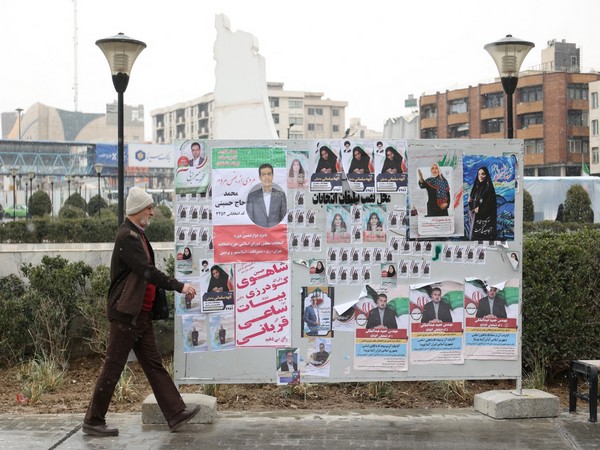Iran began voting on Friday in its first parliamentary elections since the mass 2022 protests over its mandatory hijab laws after the death of Mahsa Amini, with questions looming over the number people who will turn out for the poll.
Over 15,000 candidates are contesting for a seat in the 290-member parliament, formally known as the Islamic Consultative Assembly. Voters will also elect the 88-member Assembly of Experts, a key body that appoints the supreme leader.
Supreme Leader Ayatollah Ali Khamenei, who has called voting a religious duty, was the first to cast his vote in Iran.
Khamenei has held the post of Iran’s Supreme Leader since 1989. A total of 144 candidates have been given the nod to contest seats in the assembly for an eight-year term. Polls opened in Iran at 8 am local time and will close at 6 pm (local time).
Among the total candidates contesting the polls, around 13 percent of the contenders are women. Out of Iran’s population of over 85 million, approximately 61 million people are eligible to vote in the single-round elections. There are about 59,000 polling stations in Iran, particularly in schools and mosques, with 1,700 to facilitate digital voting.
The polls in Iran come amid rising economic difficulties and as Iran grapples with the aftershocks of months-long protests triggered by the death in custody of 22-year-old woman Mahsa Amini in 2022. Iran’s economy has been reeling under the US government’s sanctions over its contested nuclear program.
Many people in Iran have been struggling to make ends meet as they grapple with rising inflation and depreciation of Iran’s currency, the rial, against the US dollar.
Notably, every four years, people cast votes to elect lawmakers to fill 290 seats in Iran’s parliament, while the selection for the 88 seats in the Assembly of Experts takes place every eight years.
People cast votes for their districts’ approved candidates, who have already been vetted by the 12-member Guardian Council. Some seats might need a second round of voting, which takes place at a time agreed upon between the Interior Ministry and the council within one month after the polls.
The final results are also verified by the council. Any legislation that gets clearance from the parliament needs approval by the council as well before being sent to the government for implementation.
(With agency inputs)














